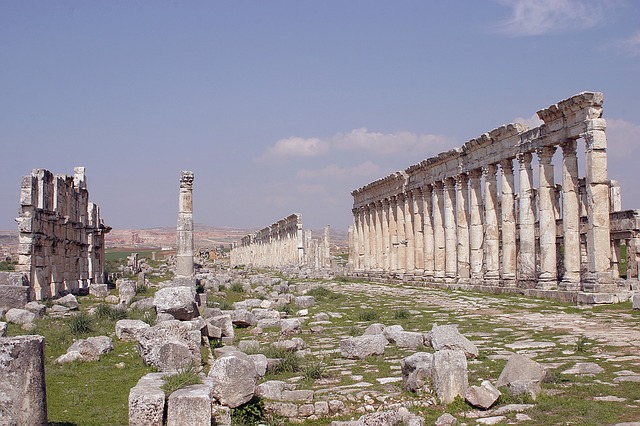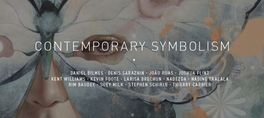Tue May 30, 2017
UNESCO Director-General on Preventing Violent Extremism and 'Cultural Cleansing'
SEE EVENT DETAILS
Given the unprecedented humanitarian crisis in Syria and Iraq, cultural cleansing is taking place on massive scale, including the intentional destruction of irreplaceable cultural sites. To combat these issues on a larger scale, UNESCO has developed a strategy to combat youth radicalization through education and promote global peace.
How does a site become designated as a World Heritage Site, and why are so many at risk? What leads youth and others to join violent extremist movements, and how can education stop this from happening? What interventions are UNESCO and the United States conducting, and how can we best protect humanity’s shared heritage?
Please join Ambassador Irina Bokova — Director-General of UNESCO since 2009 — for a discussion spanning UNESCO projects around the world, in particular their programs to prevent violent extremism and tackle ‘cultural cleansing.’
SPEAKER:
Irina Bokova
Director-General, UNESCO
MODERATOR:
Kristin Berdan
Director, Legal, Google
show less
How does a site become designated as a World Heritage Site, and why are so many at risk? What leads youth and others to join violent extremist movements, and how can education stop this from happening? What interventions are UNESCO and the United States conducting, and how can we best protect humanity’s shared heritage?
Please join Ambassador Irina Bokova — Director-General of UNESCO since 2009 — for a discussion spanning UNESCO projects around the world, in particular their programs to prevent violent extremism and tackle ‘cultural cleansing.’
SPEAKER:
Irina Bokova
Director-General, UNESCO
MODERATOR:
Kristin Berdan
Director, Legal, Google
Given the unprecedented humanitarian crisis in Syria and Iraq, cultural cleansing is taking place on massive scale, including the intentional destruction of irreplaceable cultural sites. To combat these issues on a larger scale, UNESCO has developed a strategy to combat youth radicalization through education and promote global peace.
How does a site become designated as a World Heritage Site, and why are so many at risk? What leads youth and others to join violent extremist movements, and how can education stop this from happening? What interventions are UNESCO and the United States conducting, and how can we best protect humanity’s shared heritage?
Please join Ambassador Irina Bokova — Director-General of UNESCO since 2009 — for a discussion spanning UNESCO projects around the world, in particular their programs to prevent violent extremism and tackle ‘cultural cleansing.’
SPEAKER:
Irina Bokova
Director-General, UNESCO
MODERATOR:
Kristin Berdan
Director, Legal, Google
read more
How does a site become designated as a World Heritage Site, and why are so many at risk? What leads youth and others to join violent extremist movements, and how can education stop this from happening? What interventions are UNESCO and the United States conducting, and how can we best protect humanity’s shared heritage?
Please join Ambassador Irina Bokova — Director-General of UNESCO since 2009 — for a discussion spanning UNESCO projects around the world, in particular their programs to prevent violent extremism and tackle ‘cultural cleansing.’
SPEAKER:
Irina Bokova
Director-General, UNESCO
MODERATOR:
Kristin Berdan
Director, Legal, Google
show less
Date/Times:
312 Sutter Street, 2nd Floor , San Francisco, CA 94108
The Best Events
Every Week in Your Inbox
From Our Sponsors
UPCOMING EVENTS
Great suggestion! We'll be in touch.
Event reviewed successfully.









